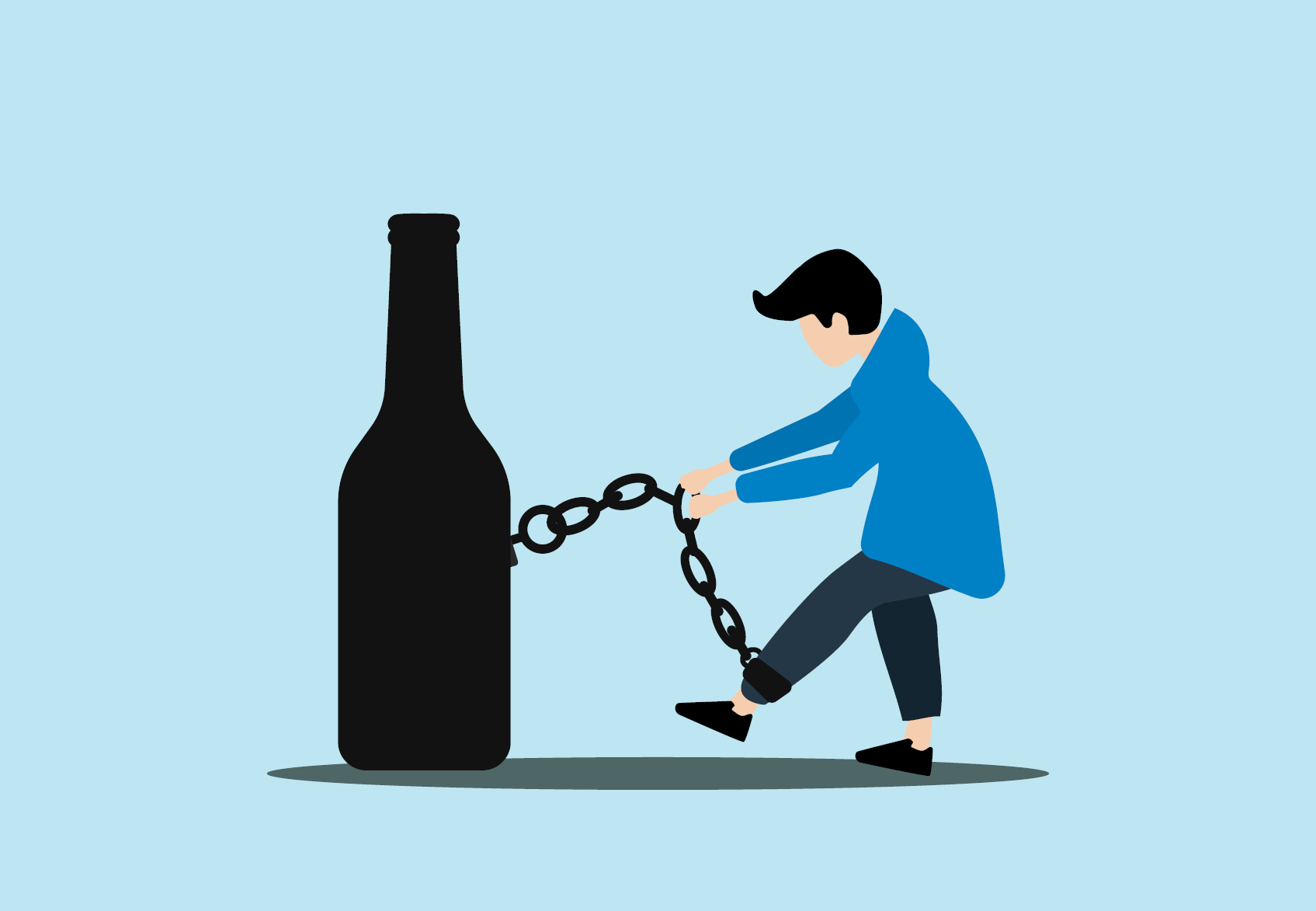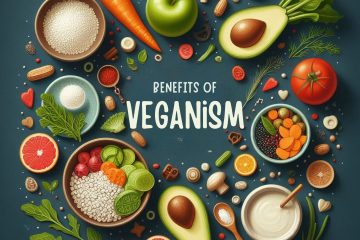Alcoholism is a complex and pervasive issue that affects millions of individuals worldwide. Its detrimental impact on physical health, mental well-being, and relationships makes finding effective solutions crucial. While professional intervention is often necessary, there are also natural treatments and strategies that can complement traditional approaches to help individuals on their journey to recovery. In this article, we’ll explore how to address alcoholism and discuss some natural treatments that can contribute to the healing process.
Understanding Alcoholism: Alcoholism, also known as alcohol use disorder (AUD), is characterized by an inability to control alcohol consumption despite its negative consequences. It’s essential to recognize the signs of alcoholism, which may include increased tolerance, withdrawal symptoms when not drinking, unsuccessful attempts to cut down or control alcohol intake, and neglect of other activities due to alcohol consumption.
Professional Intervention: Seeking professional help is often the first step in addressing alcoholism. Mental health professionals, addiction counselors, and medical doctors can provide personalized treatment plans that may include therapies, support groups, and medication when appropriate. It’s important to understand that overcoming alcoholism is a journey that requires patience, commitment, and a comprehensive approach.
Natural Approaches: While natural treatments should not replace professional intervention, they can complement traditional methods and support overall well-being during recovery. Here are some natural approaches to consider:
- Nutrition: A balanced and nutritious diet plays a significant role in alcoholism recovery. Focus on consuming whole foods rich in vitamins, minerals, and antioxidants. Nutrients like B vitamins, magnesium, and zinc are particularly important for supporting the nervous system and reducing cravings.
- Physical Activity: Regular exercise not only promotes physical health but also enhances mental well-being. Engaging in physical activities you enjoy can reduce stress and anxiety, which are often triggers for alcohol use.
- Mindfulness and Meditation: Practicing mindfulness and meditation can help individuals become more aware of their thoughts, emotions, and triggers. These techniques provide tools to manage stress and cravings more effectively.
- Herbal Supplements: Some herbal supplements have been studied for their potential benefits in alcoholism recovery. Milk thistle, for instance, is believed to support liver health, while kudzu root may reduce alcohol cravings. However, it’s important to consult a healthcare professional before using any herbal supplements.
- Yoga and Relaxation Techniques: Yoga and relaxation exercises can alleviate tension and promote emotional balance. These practices enhance self-awareness and encourage a healthier lifestyle.
- Supportive Social Networks: Surrounding oneself with positive and supportive individuals can greatly aid in the recovery process. Joining support groups or participating in community activities can help build connections and combat feelings of isolation.
- Sleep Hygiene: Adequate sleep is vital for recovery. Establishing a consistent sleep schedule and creating a comfortable sleep environment can improve mood, energy levels, and overall cognitive function.
Addressing alcoholism requires a multifaceted approach that combines professional intervention, natural treatments, and a strong support system. While natural approaches can play a valuable role in supporting recovery, it’s crucial to prioritize professional guidance and medical advice. The journey to overcoming alcoholism is challenging, but with determination, patience, and the right strategies, individuals can reclaim their health, happiness, and control over their lives.



